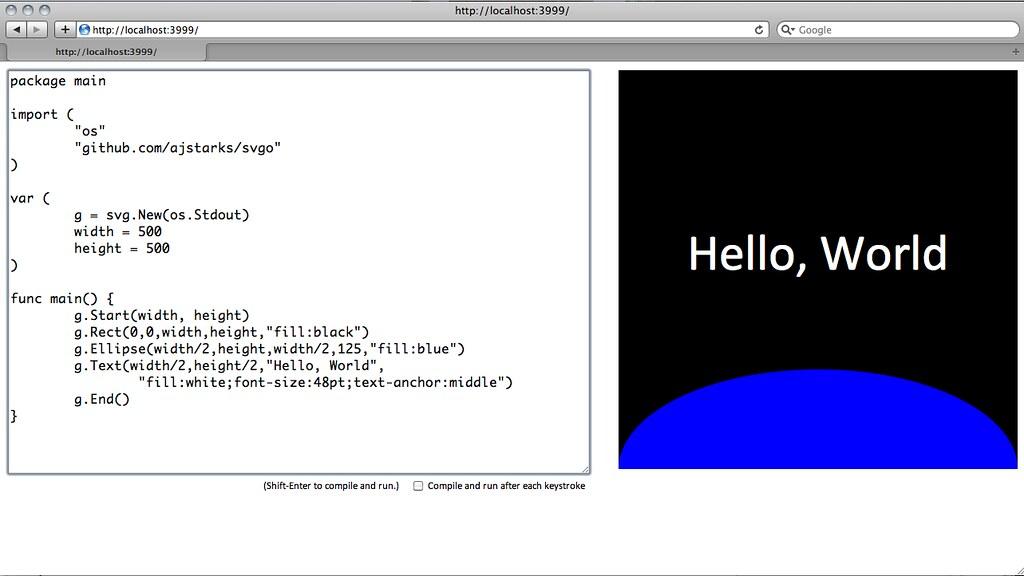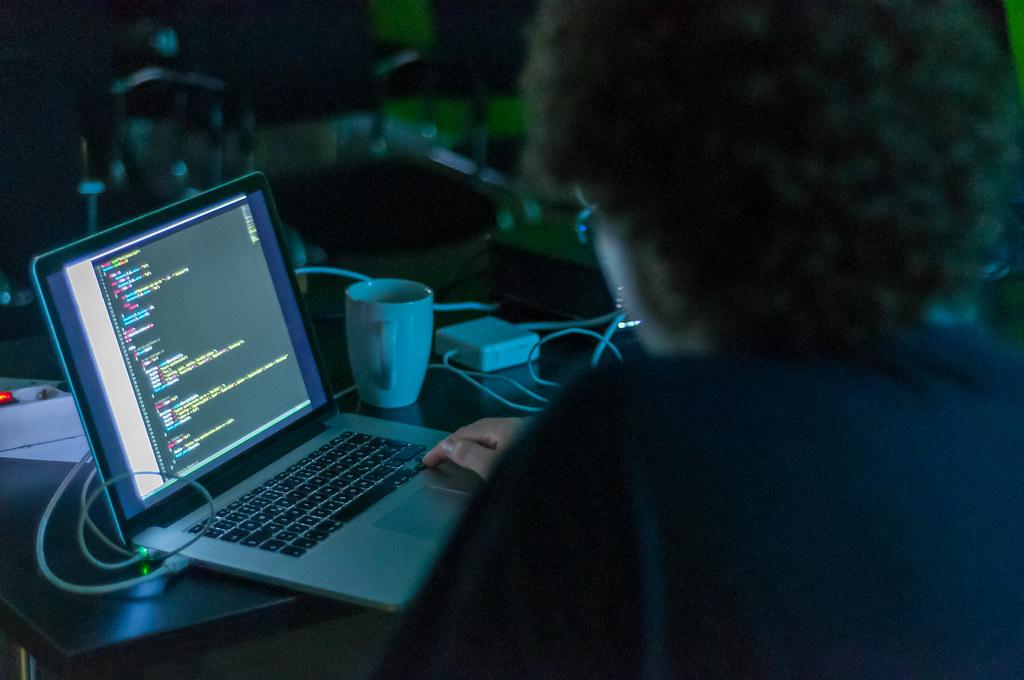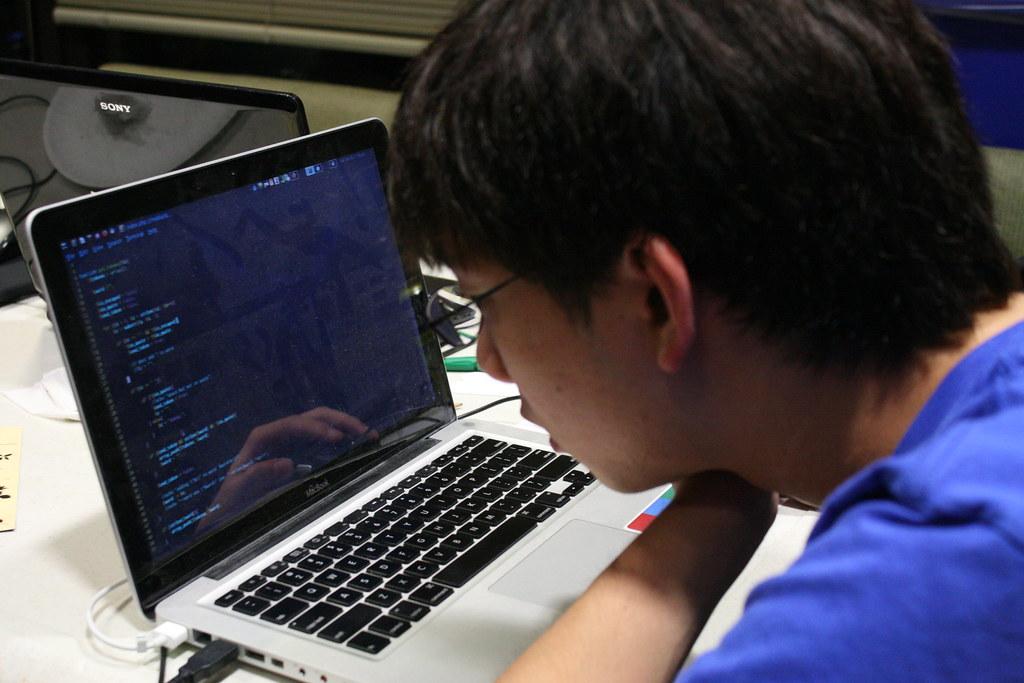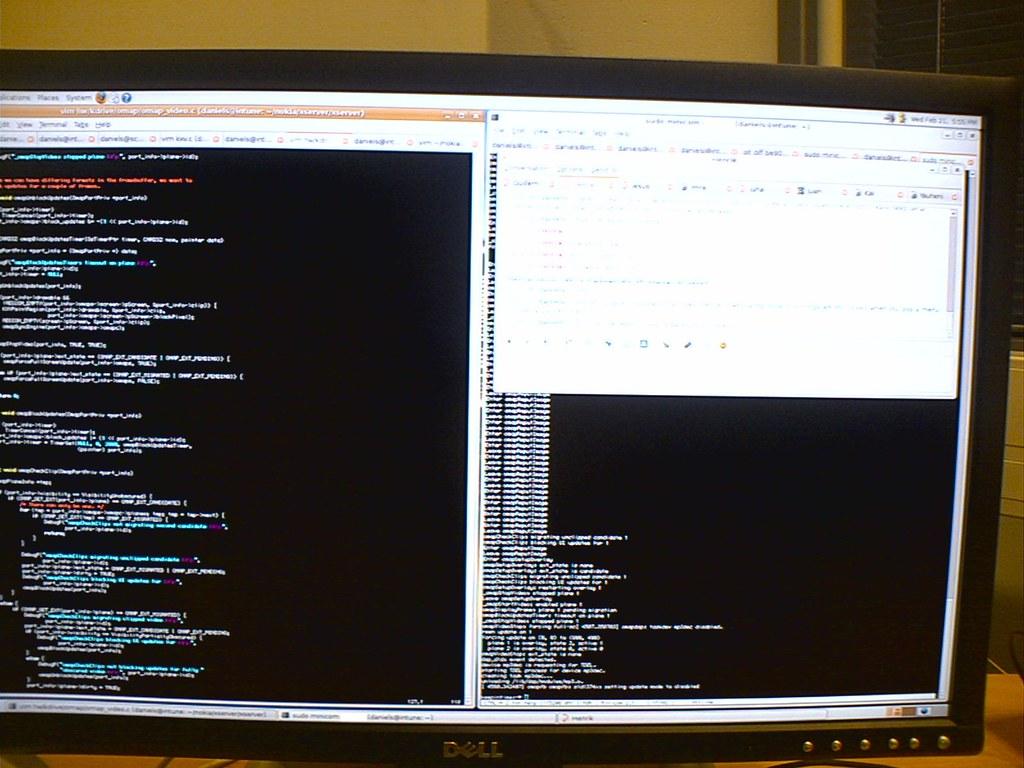Golang, or Go, has become a popular programming language. And Tech giants like Uber and Dropbox are always seeking talented Go developers.
If you want to join those big players, try this job! I will show you how to become a Go developer in seven steps. This position is what I have gone through.
You can also discover the knowledge and skills needed for this career. Whether you just want to learn a new programming language or start your coding path, this post will be what you need!
Overview of Go Developer
Many companies use Golang for their complex systems. Thus, they need Golang developers to handle those systems. If you want to work in this role, learn basic information about it first.
Who Is A Golang Developer?
A Golang developer is a software engineer who focuses on creating code using the Go programming language. The main job of a Golang developer is to build and improve digital products. So, they use Go frameworks and tools. Golang devs work for big companies due to the language’s functionality.

What Are Their Responsibilities?
You can understand more about Golang developers by checking their tasks. Here is what they do every day:
- They use Kubernetes to facilitate application development. Then, they can ensure those apps run smoothly.
- If the app is small, they employ Docker to simplify the process.
- They have to understand the project requirements. After that, they transform them into user-friendly software.
- These developers write clear and efficient code so users can work with the software easily.
- If problems arise, they will identify the causes and find solutions.
- They also create back-end components and integrate their apps with other web services.
- Maintenance is an important part of software development. So, Go developers help maintain the digital products, too.
Working Environments
The working environment for Golang developers can vary. Many work in offices, but some work from home. These developers spend their days using computers and tech tools. They join meetings, too, in person or through calls.
Usually, Golang developers work full-time, about 40 hours a week. Sometimes, they work extra hours and on weekends if they have a lot of work to do.
How To Become A Golang Developer
Becoming a Go developer involves seven steps. You need commitment to every step to succeed.
1. Learn the basics
Your learning path depends on your prior coding experience. If you are new to this field, Golang is a beginner-friendly choice. You can start with something basic like keywords or filenames. Then, gradually build your knowledge of data.
On the other hand, if you are a coder, start with Golang’s unique characteristics. They are not present in other languages. So, there are two things to work on:
Basics of Golang
When you start, your first lessons include name files, identifiers, and keywords. They help you perform simple tasks in Go code.
Next, learn about operators and data types. You can move to structures and pointers when you are good with them.
Focus on interfaces, too. They are powerful features in Golang that offer code flexibility. Go CLI (Command-Line Interface) is also important. You will need it to compile and run Go programs.
Golang’s distinctive features
Next, focus on Golang’s unique features. They will set this programming language apart from others:
- Concurrency: Golang can perform many tasks at the same time. This feature makes it a good option for tasks that happen independently and quickly.
- Binaries: Golang can create ready-to-run files. It means you don’t have to install extra stuff to make them work. This way, you can share and update programs easily.
- No central service: This programming language doesn’t rely on central services to get code. Instead, it uses source code repositories like GitHub. Thus, you can find where the code comes from.
- Defer keyword: A program often has many files and resources to clean after running. Golang comes into play as it has the defer keyword feature. So, you just need to put code to tidy up things at the top of any function. Then, that code will help clean stuff for you when the function is done.
- Implicit interfaces: Interfaces in Golang ensure the code works well together.
- Error handling: Golang handles errors differently. It will return an error value instead of using try-catch. And if everything goes well, it will claim “nil.” Thanks to this feature, you can notice and fix errors soon.

2. Practice with Golang tools
After learning the basics of Golang, dig deeper into it. You need to focus on its frameworks, libraries, and databases.
Frameworks
Go frameworks cater to different needs. Here are the most common choices among Golang developers:
- Echo: This framework is famous for its speed and simplicity. It has a simple design that focuses on essential features.
- Beego: Beego makes testing and updating code easy. It’s also an excellent choice for RESTful apps. The built-in tool for fast web performance will help you code, too.
- Gin: Gin is a speedy framework for Go. You can use it to create web apps or microservices in Golang.
- Revel: This framework helps Golang developers build web apps using the MVC pattern.
Libraries
You need to choose the right Go libraries to work with Go easier. Each has unique features that align with different goals. Here are your options:
- Go Kit: This toolbox helps you make big software components and microservices in Go. It can handle tricky parts so you can focus on the core of your project.
- Gen: The gen package keeps things consistent in your code generation tools.
- GORM: This library acts as a translator for Go. It helps data from one system interact with another, even when they are in different languages.
Databases
Working with databases is vital for Golang developers. Thus, you should have experience with different databases, such as PostgreSQL and MySQL.
PostgreSQL comes with advanced features. It also supports many data types and index options. So, if you want to build complex apps, it must be an excellent option to go for.
On the other hand, MySQL is popular for its ease of use. The active community is another plus. Many resources out there can help you with your projects.
You can choose the better one depending on your needs. But since both support you well, learn all.

3. Learn to test with Golang
Testing is crucial for every Golang developer. It ensures your software can work correctly and meet the requirements.
As a Golang dev, you will build real-world products. So, you need to test them first before launching them. This process involves many steps, such as:
- Unit testing: Every software has small building blocks. You can check each to ensure the whole software can work well.
- Integration testing: This step is about testing how different components of your code can work together.
- Behavior testing: You also need to check if your software runs the way it should.
- End-to-end testing: Finally, test the software as a whole so users can work with it smoothly.

4. Understand Golang patterns
Employers want you to grasp Golang’s design patterns. They help you organize your code and perform some tasks efficiently.
The most critical patterns in Golang are:
- Creational: You use these patterns to create objects.
- Behavioral: Behavioral patterns help you manage different algorithms properly.
- Structural: You need these patterns to develop idiomatic structures.
- Concurrency: Different parts of your software may work at the same time. In this case, you use concurrency patterns to control how and when they run.

5. Build a portfolio
Before applying for a job, build a compelling portfolio. It’s how your potential employers see what you can do. The best tip is to master Golang and use it to create products. Then, include them in your portfolio.
You can try open-source Go projects. They prove you can work on real projects and understand how to use this programming language.
Try to get hands-on experience, too. Internships or volunteer work are good chances to work in real cases. After that, put your work in your portfolio.

6. Practice interview questions
Once you’ve built your portfolio, apply for a Golang developer job. If the employers like your performance, they will invite you to an interview.
If it’s your first time, you may feel a bit nervous. So you can practice answering Go interview questions. The interviewers want to know your skills and experience. Thus, they will focus on your previous work.
For example, they may ask some questions about your Golang knowledge first. Then, they dig into the details by discussing the projects you joined and how you handled them.

7. Improve skills
Keep working on your skills! Even when you are already a Golang developer, upgrade your skills day by day. Remember that this industry is always changing. So focus on these skills as you work:
- Data structures: These tools help you store and process data. You may use them to keep track of products, too.
- Web development: You should be familiar with web libraries and frameworks in Go to build web apps. Routing and HTTP are the first things to learn.
- Organization: As a Golang developer, you will work on many projects. So, try to organize documents and files for each project. They will help you finish your work on time.
- Testing: Testing is part of your work. Thus, practice this skill by using Go’s testing tools.
- Communication: You have to talk to your clients and team. You will need communication skills to work with them effectively.
- Analytical thinking: There can be errors in your code, but you can solve them with good analytical skills.
- Time management: This skill is about handling different projects. Even with many deadlines, you can still satisfy your clients with quality work.

How To Find Golang Development Jobs?
Once you have enough skills and knowledge, find a job. Websites like Glassdoor and LinkedIn often list Golang developer positions. So you can search for jobs and filter by location. Many job openings will appear.
You can also connect with other professionals in this industry. They will help you discover job opportunities through referrals.
Plus, follow Golang-related hashtags on social media platforms. This way, you can remain updated on job postings and industry news.
Attend job fairs, too. Many companies that are looking for Golang developers may gather there. They need talented people to join.
How Long Does It Take To Become a Go Dev?
It depends on your prior experience and ability. If you are new to programming, it may take many months to get the basics first. Then, focus on Golang.
You need a few weeks or even months to learn the syntax and structures of Golang. This learning path requires consistent effort.
If you already have experience in coding, you can adapt to Golang quickly. This programming language is even simpler than Python or Java.
However, please note that continuous learning is key. You need to practice a lot until you can master any programming language.
Furthermore, the learning process varies from person to person. It depends on your own speed and dedication.
Job Outlook and Salary
Golang developers are in high demand. This programming language has unique features that help you build robust apps. Thus, more and more companies use it.
Golang developers can, therefore, receive competitive salaries. And since the demand for their skills is growing, you will have more opportunities.
In September 2023, the average salary for a Golang developer was $119,704 per year. But employers don’t mind paying more if you have more experience and outstanding skills.
Final Thoughts
If you learn Golang, you can explore a dynamic career. Many companies need Golang developers to build innovative apps. So take your first step! Just follow your passion, and success will come. Wishing you all your dreams come true!
